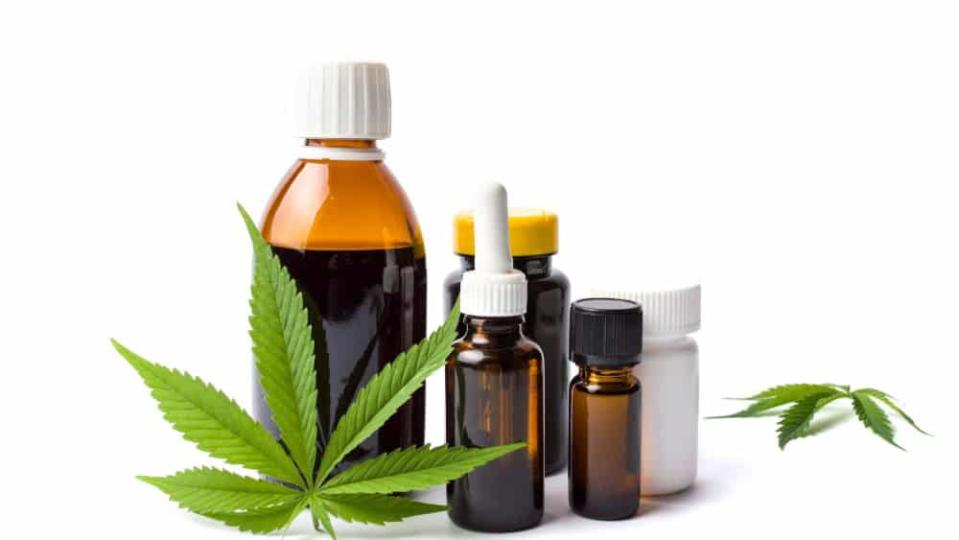Here’s Why Cannabis Derivative Products Could Turn Out to Be the Next Big Thing

While still not legal yet within Canada for recreational consumption, the official legalization of cannabis derivative products appears to be right around the corner.
In this post, I’ll explain why nearly 12 months after recreational cannabis legalization, the market for derivative applications like edibles, oils, beverages, and creams could prove to be absolutely mind-blowing.
Last month, Health Canada released its outline on the final regulations and timeline for the introduction of cannabis edibles, beverages, topicals, and extracts.
Originally, when recreational pot became legal last October, regulators in Ottawa had yet to complete their formal consultations on what the rules for edibles and products should be.
That report was completed this past February with the current expectation for a limited supply of edibles and other derivative products to hit markets sometime this December.
As expected, there will be strict guidelines restricting concentration limits on the amount of THC per serving as well as restrictions limiting producers’ ability to market products that would appeal to youths.
Yet beyond the red tape, the market for cannabis edibles and other derivatives only continues to look more and more appealing.
Take, for example, licensed Canadian cannabis producer Hexo (TSX:HEXO).
HEXO, which inked a deal last year to pair with the world’s third-largest alcoholic brewer Molson Coors to jointly develop a line of cannabis-infused beverages for the recreational adult market, has made clear it has its sights are set on becoming the premier branded ingredients company for cannabis food products.
The company’s vision is to become the leading developer of products aimed at creating “consistent, quick-on and off cannabis experiences for sleep, sport, sex and fun” by working alongside potential Fortune 500 partners, like Molson Coors.
Not only do cannabis derivatives work effectively at creating a bigger overall market for the former Schedule 1 drug — for example, for users who may not feel comfortable inhaling a rolled cigarette or vape pen — but they offer significant advantages for producers as well, namely the prospect of higher margins and expanded profit potential.
Simply put, cannabis derivatives involve a significantly greater deal of processing before they’re ready for market.
That means they’re more expensive and complex to manufacture, but it also allows space for producers like HEXO and others to differentiate themselves, allowing them not only to charge a higher margin on their products but to differentiate themselves from a branding perspective as well, as evidenced in the aforementioned marketing pitch.
Foolish bottom line
Not only do cannabis derivatives offer the potential for producers to separate themselves from the pack, so to speak, but they also offer an avenue for the legal market as a whole to differentiate itself from the still-operating illicit market.
Not to mention that derivative applications also open a pathway for mega-brand consumer packaging goods companies to participate in the growing demand for licensed cannabis products.
The market for cannabis applications only continues to develop, and the latest regulations announced by Health Canada appear to suggest that this is a story that may not go away anytime soon.
Making the world smarter, happier, and richer.
More reading
Retirees: Supplement Your CPP Payments With These 3 Income-Producing REITs
Colombia: The Next Major Threat to Canada’s Burgeoning Cannabis Industry
Fool contributor Jason Phillips owns shares of Molson Coors Brewing. The Motley Fool owns shares of Molson Coors Brewing.
The Motley Fool’s purpose is to help the world invest, better. Click here now for your free subscription to Take Stock, The Motley Fool Canada’s free investing newsletter. Packed with stock ideas and investing advice, it is essential reading for anyone looking to build and grow their wealth in the years ahead. Motley Fool Canada 2019

 Yahoo Finance
Yahoo Finance 